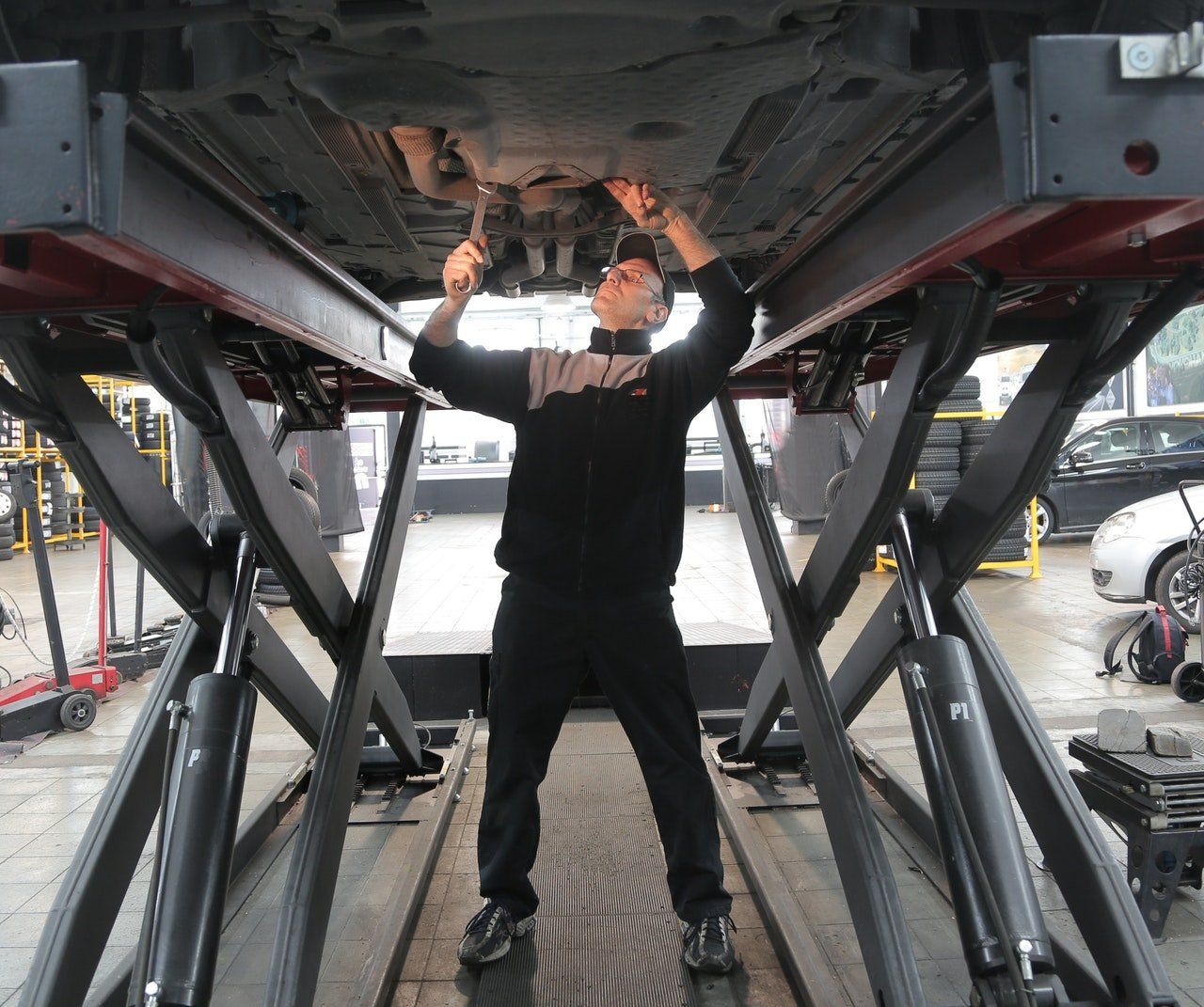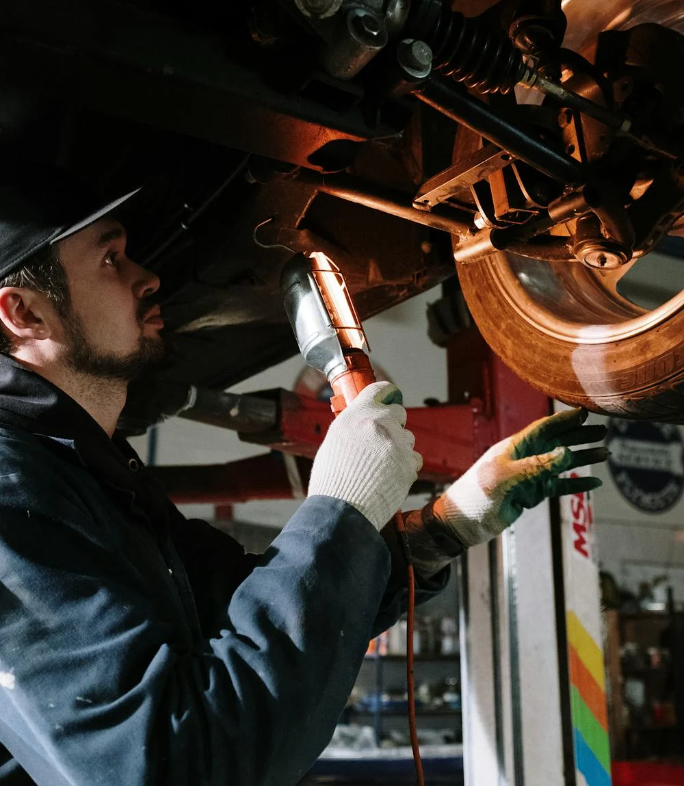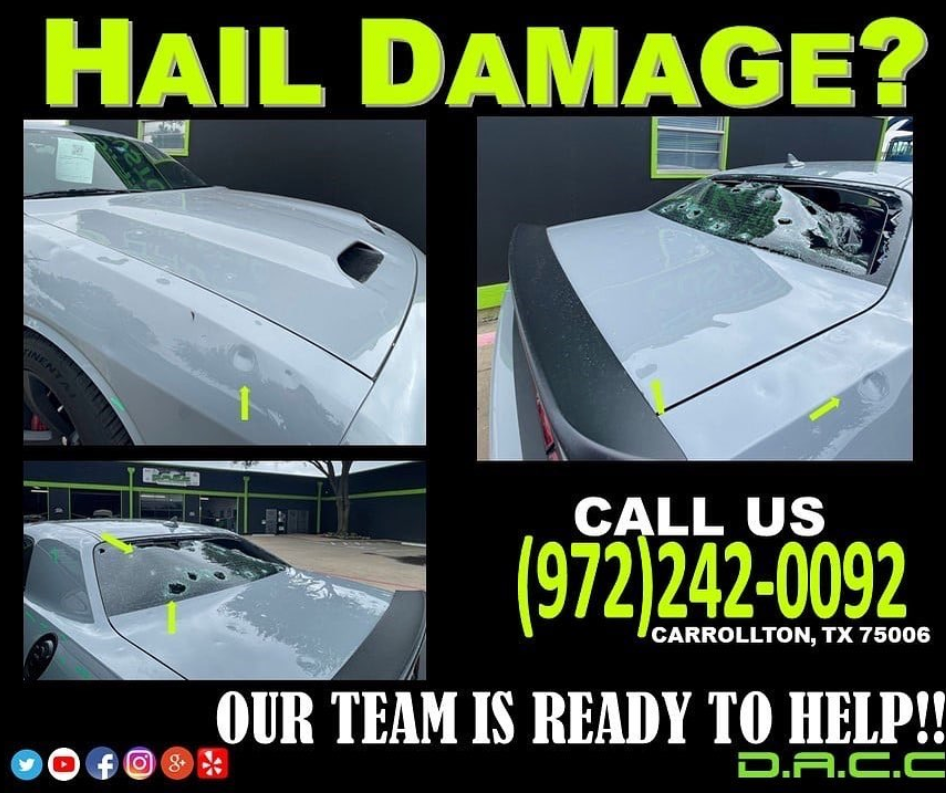Replacing the Stolen Catalytic Converters in Texas
Catalytic Converter Theft | Catalytic Converter Replacement

Since precious metal mines have paused, catalytic converters are being stolen in the Lone Star State. So, it’s time we protected our emission control devices!
To get to the bottom of the surge in crime, it’s worth knowing just how bad the situation is. Since Spring 2021, catalytic converter theft has risen by more than 4 times the average in Dallas and the wider Texas state.
But that’s not the only thing that’s risen. In fact, thanks to Covid-19 shutdowns of these precious metal mines across Africa, the demand and price has risen, too. Which is the root-cause for the theft increase. Where a metal like rhodium will have fetched $23,000 per ounce a couple of years ago, it’s worth 10 times the amount, today.
So, now we’ve covered the extent of the issue, let’s take a deep dive under the hood to find out more about the why’s, the who’s, the how’s, the when’s and the next steps.
1. Why Are Catalytic Converters Being Stolen?
South African deposit mines have been temporarily locked down over the Covid-19 period causing global shortages on precious metals. 80% of these deposits go to the auto industry, with the majority in the US. The demand is so high in the US due to a 70s law demanding every new vehicle is fitted with a catalytic converter.
2. Which Precious Metals Are in Catalytic Converters?
Catalytic converters feature three precious metals stockpiles that are kept in honeycomb-like stores within the catalytic converter. These metals are rhodium, platinum and palladium. All, of which, fetched over $1,000 per ounce even before the demand skyrocketed.
3. How Much Does a Stolen Catalytic Converter Go for?
While the precious metals are worth thousands per ounce, the amount a whole preowned catalytic converter can be sold for is just in the hundreds. With the most expensive in Texas being just around $1000. This is because the precious metals aren’t extracted from the emission control device, they’re simply restored and reused.
4. What Does a Catalytic Converter Do?
A catalytic converter is an emission control device attached to the exhaust of a vehicle. The reason it’s attached – and the reason it has these precious metals inside – is because it traps dangerous emissions like nitrogen oxide, carbon monoxide and hydrocarbon. So, they help keep the environment cleaner.
5. Who is Stealing Vehicle Catalytic Converters? Replacing the Stolen Catalytic Converters in Texas
Specifically in Texas, the National Insurance Crime Bureau (NICB) and Houston Police departments have found previously convicted criminals and drug dealers to be the most prevalent individuals involved with catalytic converter theft. This is because they know that – without weapon possession – they won’t be convicted.
6. Why is Texas a Target for Catalytic Converter Theft?
Texas is known by many names, one of which is “Pickup Country”. And pickups are typically tall vehicles, meaning they don’t need to be jacked up to access the underside for catalytic converter theft. So, they’re an easy target and with a vast majority in Texas, it means the Lone Star State is seeing a bigger influx of thefts than other states.
7. Which Cars Will Have Their Catalytic Converters Stolen?
Pickups are the biggest targets because their catalytic converters are the easiest to access without a jack and a theft can take as little as three minutes. Because of this, some of the most targeted vehicles are Toyotas and Priuses with Toyota Tundra’s being the biggest target of all. Some don’t even make it to their Toyota lot in-tact.
8. How Can I Prevent Catalytic Converter Theft?
The best way to avert the eyes of thieves is to make sure the catalytic converter isn’t worth selling, can easily be identified or is harder to steal. For example, wrapping steel cages around them, spraying them bright colors or bolting metal sheets over the converter to the vehicle’s undercarriage.
9. What Are the Laws on Catalytic Converters?
Here in Texas, the laws on having a vehicle with a catalytic converter are very strict. But it’s not just illegal to steal or tamper with an emission control device, it’s illegal to drive without one, too. So even if your converter is stolen, you’ll have to head to your local autobody shop for a catalytic converter replacement or risk a $25,000 fine.
10. Can a Car Run Without a Catalytic Converter?
Technically, yes. A car can run without a catalytic converter. However, it just won’t be legal in Texas or the wider US. The main difference, aside from being a bigger pollutant to the environment, is that the exhaust will sound much louder, and the drive will feel different. Some even say the ride is smoother without (but don’t try it!).
11. What Should I Do if My Catalytic Converter is Stolen?
You’ll know as soon as you turn your key in the ignition if someone has stolen your emissions control device as it will sound and feel different. If your catalytic converter has been stolen, you must immediately call the state police department and then your vehicle insurance company who may cover the costs after your deductible. Replacing the Stolen Catalytic Converters in Texas
12. How Much Does Catalytic Converter Replacement Cost?
With catalytic converter theft, it’s important to look into catalytic converter replacement immediately to get your vehicle back on the road. The costs might be part-covered by your insurer, but with parts and labor, the total can range between $900 and $2500 depending on your autobody shop and your vehicle type.
If you’ve been the victim of catalytic converter theft, then give the team here at Dealership Autoplex Collision Centre a call on (972) 242-0092. Our ASE-certified technicians can get you back on the highway in no time. Alternatively, to find out more about the auto shop, our services and our opening times, take a look at our website. Then, we can transport your vehicle right over to us here in Carrollton, TX.



